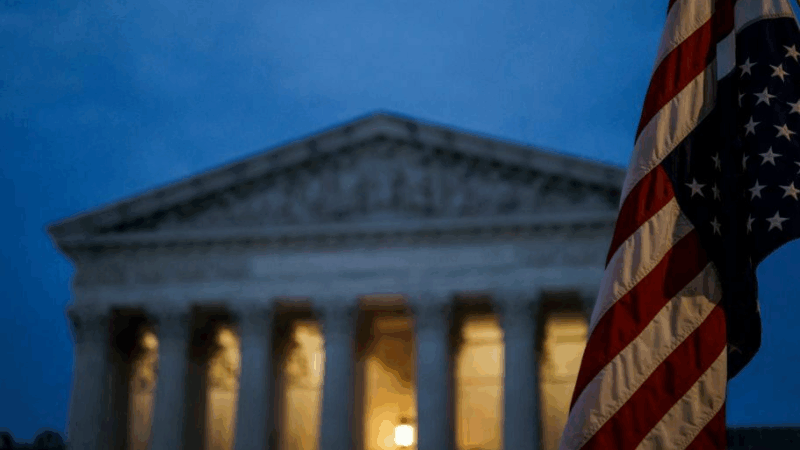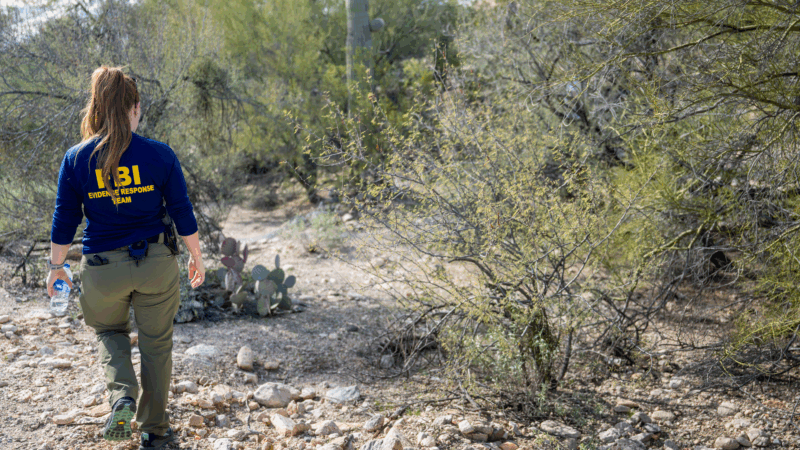Supreme Court sides with Texas’ age verification law for porn sites
The U.S. Supreme Court on Friday upheld a Texas law requiring consumers to provide age verification in order to gain access to commercial websites that provide sexually explicit material. It was the first time that the court has imposed requirements on adult consumers in order to protect minors from having such access.
Free-speech advocates argued that while the law’s goal is to limit minors’ access to online sexually explicit content, it is overly vague and imposes significant burdens on adults’ access to constitutionally protected expression. Lawyers for Texas said in their filing, and during arguments, that the law’s opponents had failed to show a single person whose rights have been “chilled” by it.
By a vote of 6-3 along ideological lines, the court agreed with Texas, saying the law “only incidentally burdens the protected speech of adults.”
The Texas measure, enacted in 2023, was aimed at protecting kids under the age of 18 from exposure to sexually explicit material.
It did that by requiring every user, including adults, to first provide proof, typically via a government-issued identification, that they were at least 18 years old. The statute applies to all websites that contain content that is one-third or more “sexually suggestive” in nature and “harmful to children.”
More Supreme Court decisions from today:
- Supreme Court limits nationwide injunctions in birthright citizenship order
- SCOTUS: Parents can opt kids out of classes with LGBTQ book characters
- Supreme Court upholds key Obamacare measure on preventive care
- Supreme Court postpones Louisiana redistricting case to next term
- Supreme Court upholds program providing internet access to rural Americans
Just what the term “harmful to children” means is debatable because, according to the measure, the term could cover any sexually suggestive material, including romance novels and R-rated movies.
The Free Speech Coalition, an adult industry trade association, and several adult industry producers challenged the law in court, contending that it violated the First Amendment guarantee to free speech and expression.
The groups noted, among other things, that while the statute does bar companies from retaining the identifying information, it does not prohibit transfer of that information or impose any other protection from disclosure to protect adults’ privacy. Moreover, the challengers maintained the state’s defense of the statute fell apart in light of the fact that it exempted from the law’s coverage the search engines and social-media platforms that are the principal gateways for minors gaining access to sexually explicit content.
Federal judge David Alan Ezra, a Reagan appointee, initially barred the law from taking effect, on the grounds that it was likely unconstitutional.
But a Fifth Circuit Court of Appeals panel voted 2-to-1 to uphold the law, clearing the way for it to take effect.
That ain’t perfume! Ancient bottle contained feces, likely used for medicine
Researchers found a tiny bottle from ancient Rome that contained fecal residue and traces of aromatics, offering evidence that poop was used medicinally more than 2,000 years ago.
Britain’s former Prince Andrew arrested on suspicion of misconduct in public office
Andrew Mountbatten-Windsor, formerly Prince Andrew, has been arrested on suspicion of misconduct in public office.
Urban sketchers find the sublime in the city block
Sketchers say making art together in urban environments allows them to create a record of a moment and to notice a little bit more about the city they see every day.
Epstein once attended an elite arts camp. Years later, he used it to find his victims
Jeffrey Epstein and Ghislaine Maxwell lavished money on the Interlochen Center for the Arts to gain access, documents show — even funding an on-campus lodge they stayed in. In the process, two teenagers were pulled into their orbit.
How a recent shift in DNA sleuthing might help investigators in the Nancy Guthrie case
DNA science has helped solve criminal cases for decades. But increasingly, investigative genetic genealogy — which was first used for cold cases — is helping to solve active cases as well.
An unsung hero stepped in to help a newly widowed mom in a moment of need
Barbara Alvarez lost her husband in 2017, just before their daughter went off to college. Her unsung hero helped her find the strength to be a single mother to her child at a key moment in their lives.







